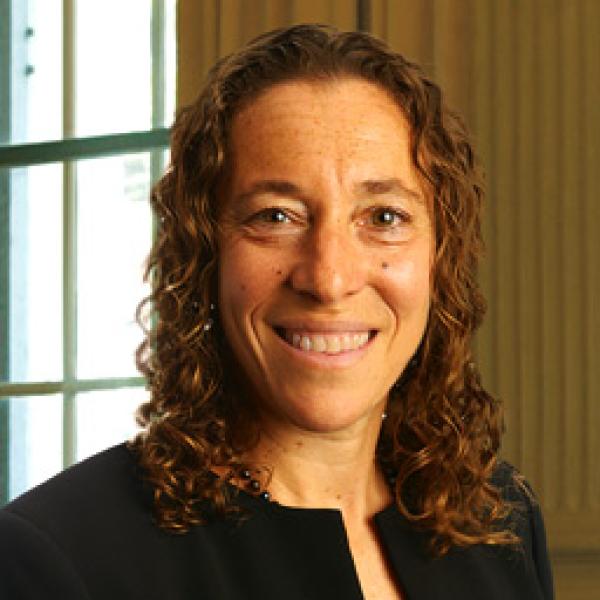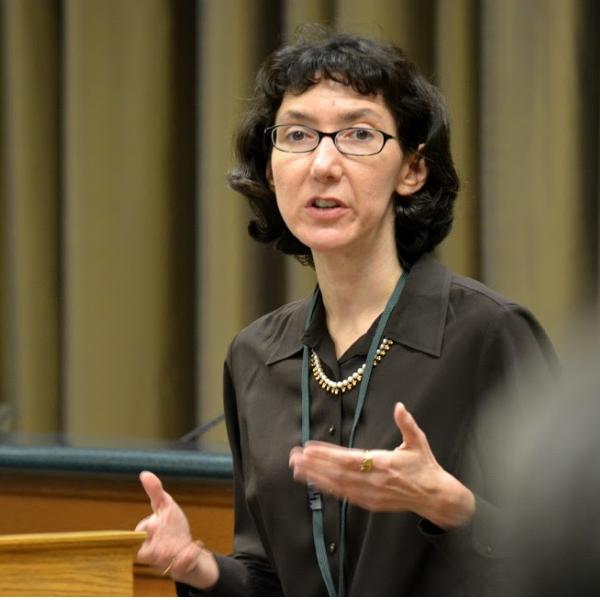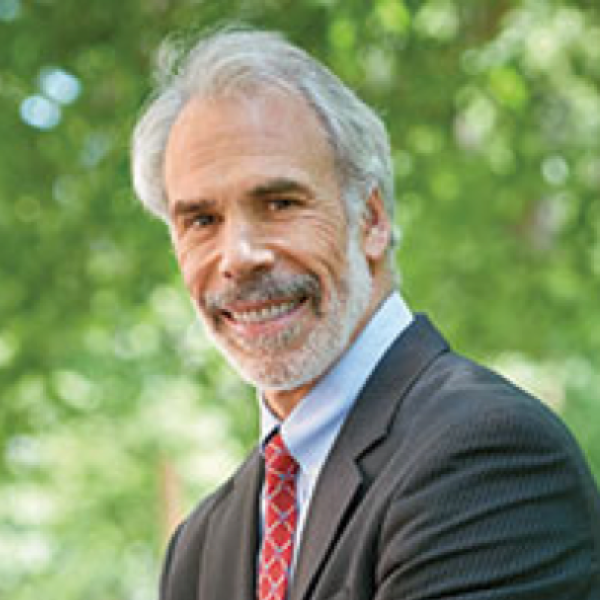
Research Handbook on Corporate Purpose and Personhood
This insightful Research Handbook contributes to the theoretical and practical understanding of corporate purpose and personhood, which has become the central debate of corporate law. It provides cutting-edge thoughts on the role of corporations in society and the nature of their rights and responsibilities.
Featuring contributions from leading scholars, the Research Handbook invites readers to reconsider corporate purpose and personhood by offering a perceptive route to better understand changes that are already apparent in the modern corporation across the world. It provides examples of how a 21st century lens for viewing corporate purpose and personhood will leave us with a different picture and a new understanding of these topics, as well as future directions in corporate social responsibility. Chapters offer analysis of a wide range of topics related to corporate purpose and personhood, including shareholder primacy, stakeholder governance, corporate social responsibility and benefit corporations.
This Research Handbook will be a vital resource for students and academics in the areas of corporate and constitutional law, as well as for researchers with an interest in management, business and social responsibility.
Contributors
Afra Afsharipour, Miriam H. Baer, Brian R. Cheffins, Steven Davidoff Solomon, Lisa M. Fairfax, Jill E. Fisch, Kent Greenfield, Sarah C. Haan, Amir N. Licht, Ann M. Lipton, Dorothy S. Lund, Brett McDonnell, Paul B. Miller, James D. Nelson, Saule T. Omarova, Mariana Pargendler, Frank Partnoy, Martin Petrin, Edward B. Rock, Veronica Root Martinez, Daniel A. Rubens, Cynthia A. Williams
Reviews
What is a corporation, and what is its social and economic function? These questions about the “purpose” and the “personhood” of corporations go to the heart of many urgent problems in corporate law and finance, as well as in society’s choices about regulating corporations. Yet they are unsettled, and passionately debated, even among the experts. This collection of essays, solicited and edited by two superstars of the corporate law field, brings together work by 22 of the most well-respected senior scholars, and the brightest, up-and-coming junior scholars to explore these issues. Each brings unique insights from other related fields that illuminate whole new ways to parse and understand the personhood and purpose debates. This Handbook is a must read for anyone working on these issues!
The enduring question of the role of corporations in society is again central. With evidence that stockholder power has contributed to lower gainsharing with workers, increased externalities, and corporate conduct slowing the necessary response to climate change, finding a positive way forward to capture the dynamism of the corporate form while channeling it in a positive way consistent with the public interest is vital. This Handbook gives the reader, in one shot, access to the thoughts of diverse viewpoints, but sharing a singular characteristic, all of them have perspectives worth considering.












